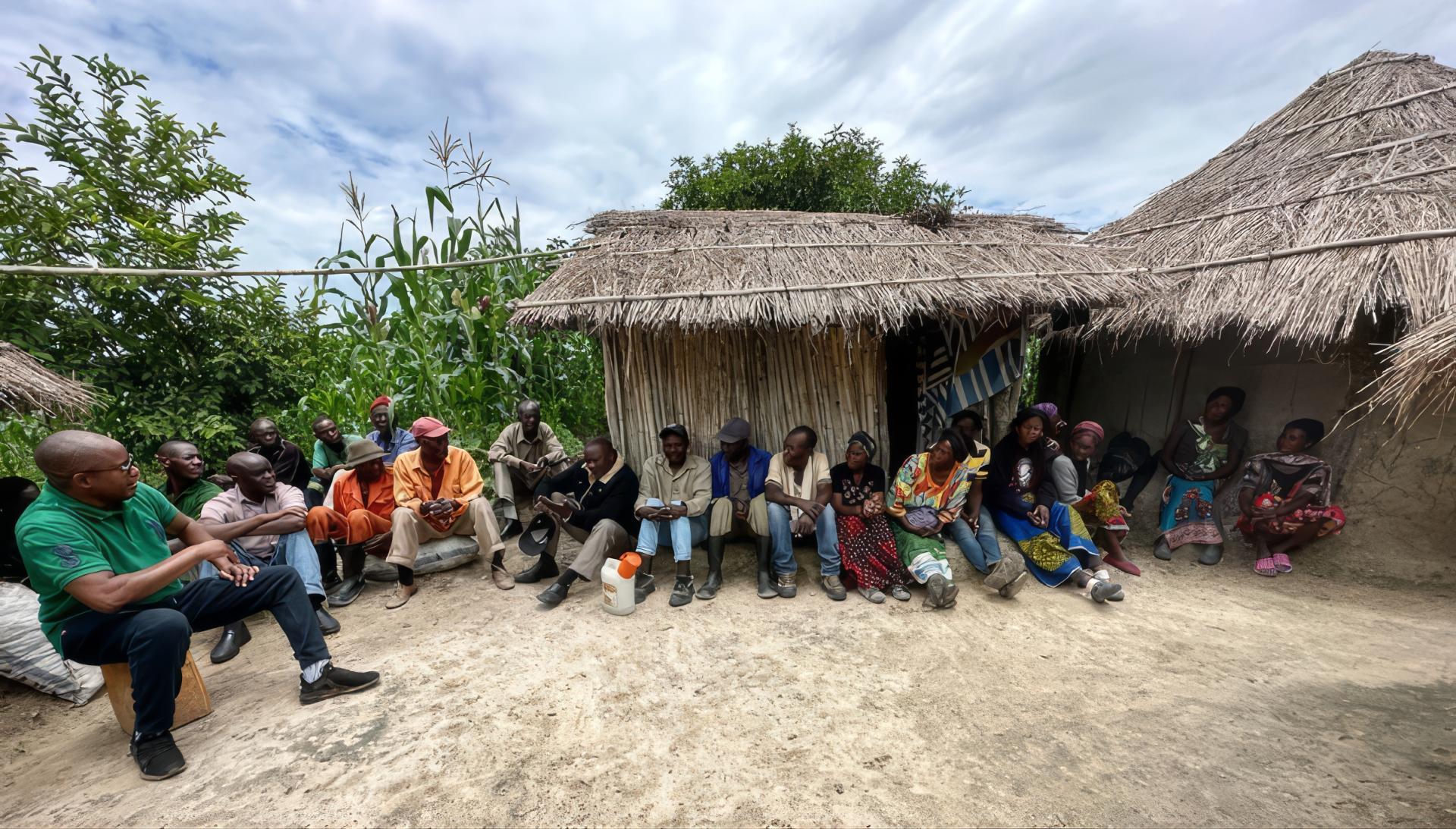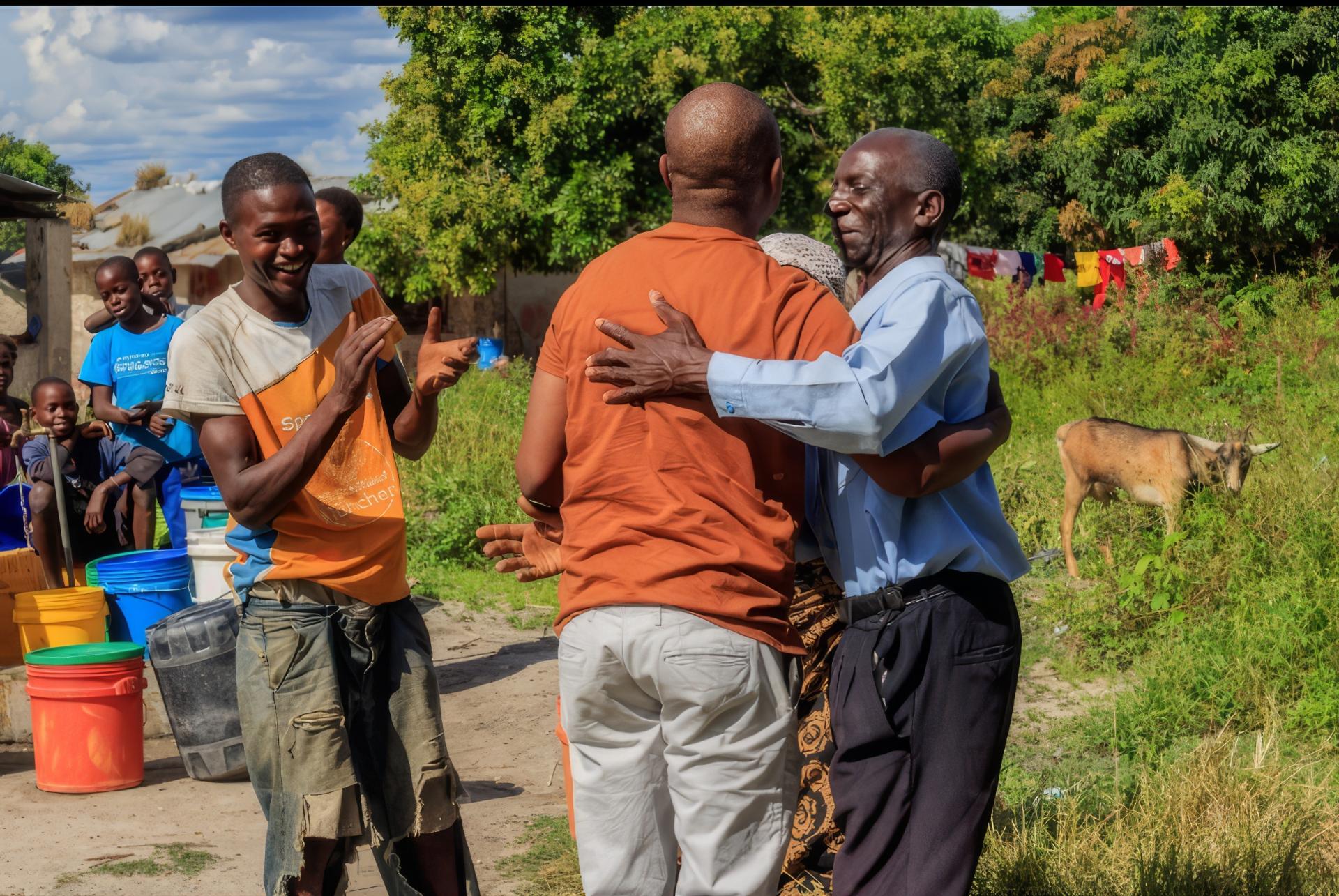
From my experience, I have found that environmental defenders continuously face many enemies who, according to the stakes, can and will go to great lengths to derail or completely stop environmentalists from carrying out their work. Right from the heart of governments whose powerful official reach has the capacity to facilitate powerful surveillance to powerful corporations that are motivated purely by profit and far less by morals, opponents will go to great lengths to advance and protect their profit interests. Unofficial and unlimited budgets are made available to influence Indigenous communities, individuals, NGOs, the media, and, of course, powerful politicians to lobby on behalf of these interests to counter the work of Indigenous environmental defenders.
This scenario reveals a complex and sinister face of the would-be enemy of environmental defenders. However, understanding these points gives environmental defenders the opportunity to devise and implement countermeasures as they go about their critical work.
The Importance of Individual Security Awareness by Environmental Defenders
It is imperative to realize that the defense and security of environmental defenders must begin at an individual level. Due to the constant threat of aggression by corporations whose interests place the environment as secondary, environmental defenders will do well to be aware that despite the good and noble intention of their work, the enemy always lies within, potentially even in the same communities that environmental defenders are trying to protect. I experienced this firsthand when I learned that trusted colleagues from Indigenous communities would pass on information detrimental to the cause of protecting the very environment the community lived in.
From this, I learned that developing a sense of awareness at the individual level is the number one key to security if one is leading an effort to protect the environment. It is always important to take stock of conversations with colleagues, noting their reactions and double-checking how information flows. A practical example is making confidential plans for a protest, and then double-checking to see if that confidentiality holds within that inner circle of colleagues before it is filtered out to the rest of the community. If confidentiality does not hold, the leading environmentalist must take measures to identify the “enemy within.”
Sometimes, the consequences of not having security and self-awareness at the individual level are dire and completely take away from the objective of protecting the environment. Undue influence on Indigenous communities from counter interests may turn the environmental defender into a pariah of that very community on a straightforward, but easily believable, notion that environmental defenders are against progress for the community.

Chilekwa Mumba meeting village Elders about problems faced in the communities regarding agriculture.
Community as a Source of Insulation or Protection for Environmental Defenders
Communities play a critical role in protecting environmental defenders. Of course, if the environmental defender is originally from and stays in his or her Indigenous community, the community will provide insulation and protection to one leading an effort to protect the environment. However, if an environmental defender is not originally from that community or has been away from that particular community
for a while, it is imperative for the environmental defender to immerse themself into the culture of the community and become an absolute part of it. This cultivates camaraderie and trust that provides a refuge of security to environmental defenders, and it becomes easier for communities to rise up in defense of environmental defenders being harassed or arrested by using various forms of protest.
Incorporating the communities in this work of protecting oneself as part of a strategy to protect environmental defenders has limitless benefits. I vividly recall the experience of my colleague and I being arrested and thrown into jail cells. In the middle of all this, women from the community began to organize themselves and marched in protest to the police station where we were detained. As the women were organizing, the police caught wind of it and decided they did not want to attract trouble. We had been given the indication that we were going to spend the night in detention, but within hours we were released. I do not doubt that this resulted from the community deciding to rise up against our detention, knowing that I was leading an effort to protect their environment.
Association with Environmental Indigenous Rights Movements and NGOs
It is also strategically important for environmental defenders to have trusted and like-minded environmental and Indigenous movements within their network, such as Cultural Survival. In addition to the capacity to bring such important issues to light, interactions with supportive organizations and associations are valuable to the defense of environmental defenders, as these interactions are opportunities to learn different strategies for their overall protection.
Environmental movements have practical resources that provide a platform to interact with others who can share their experiences. These learning experiences are in tune with the current challenges to environmental defenders due to the foreseeable acceleration of ecological issues as we move towards the just transition to a green economy. These movements provide a critical voice that will always be useful in cases of intimidation of environmental defenders. My personal experience with organizations such as Cultural Survival and Southern African Resource Watch, both formally and informally, gave me invaluable insight into how to protect myself as I defend environmental and Indigenous rights.

All images courtesy of Chilekwa Mumba.
Keeping Lines Open with Environmental and Human Rights Lawyers
Threats to environmental defenders come from many angles. It is not uncommon to unjustly come into a cooked up conflict with local laws of, say, trespassing, or what is later prescribed by compromised law enforcement as “illegal meetings.” Keeping environmental law firms and lawyers on call in one’s corner is very important as a defense strategy. This gives the environmental defender a layer of protection from undue harassment during the course of one’s work. Upon my arrest, I contacted friendly environmental lawyers who would have proved useful if things had not been resolved so quickly.
Befriending Influential Journalists
Influential journalists can bring immediate attention to the cause and protection of environmental defenders, and cultivating relationships with them is quite beneficial to the protection of environmental defenders. I had at least two journalists who were available to put in the news media anything to do with me being harmed. In fact, they had wanted to do an exclusive on our arrest, but at the time I felt it would take away attention from the real issues that needed to be amplified in the media. At the community level, journalists disseminate information on their various platforms that strengthen the communities’ capacity to quickly rise to the defense of environmental defenders.
Training with Nonprofit Organizations that Specialize in Security
I have come across specific nonprofit organizations that will train environmental defenders on security and surveillance issues. I was contacted by the NGO Open Briefing, which specializes in support and resources “to empower people and communities to agitate and advocate without fear of attacks and reprisals.” My team and I underwent training that has been useful to the sensitive components of our work as we gather information in Indigenous communities. After the trainings, we were able to operate better in terms of self-defense and security. A few times, we identified certain elements who were tailing and surveilling us. This has improved our practice of taking necessary precautions.
Threats present themselves in different ways, shapes, and forms. Having formal training helps in identifying threats that pose a detriment to progressing the work of environmental defense. I strongly recommend this training to environmental defenders who find themselves in precarious positions.
Chilekwa Mumba is a Zambian community organizer and environmental activist who organized a successful lawsuit against UK-based Vedanta Resources, owner of the subsidiary Konkola Copper Mines in Zambia’s Copperbelt Province, in response to pollution and environmental damage. In 2023, he was awarded the Goldman Environmental Prize.
Chilekwa Mumba on the Kaufe River bank in Zambia, conducting water and sediment testing.
